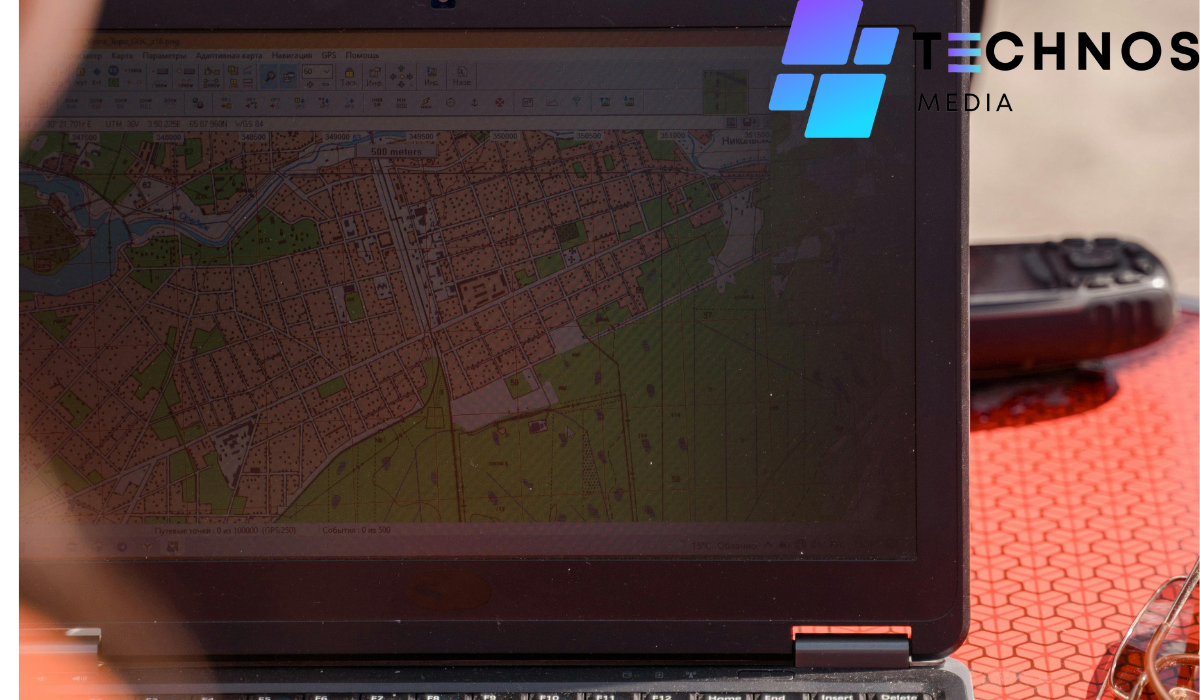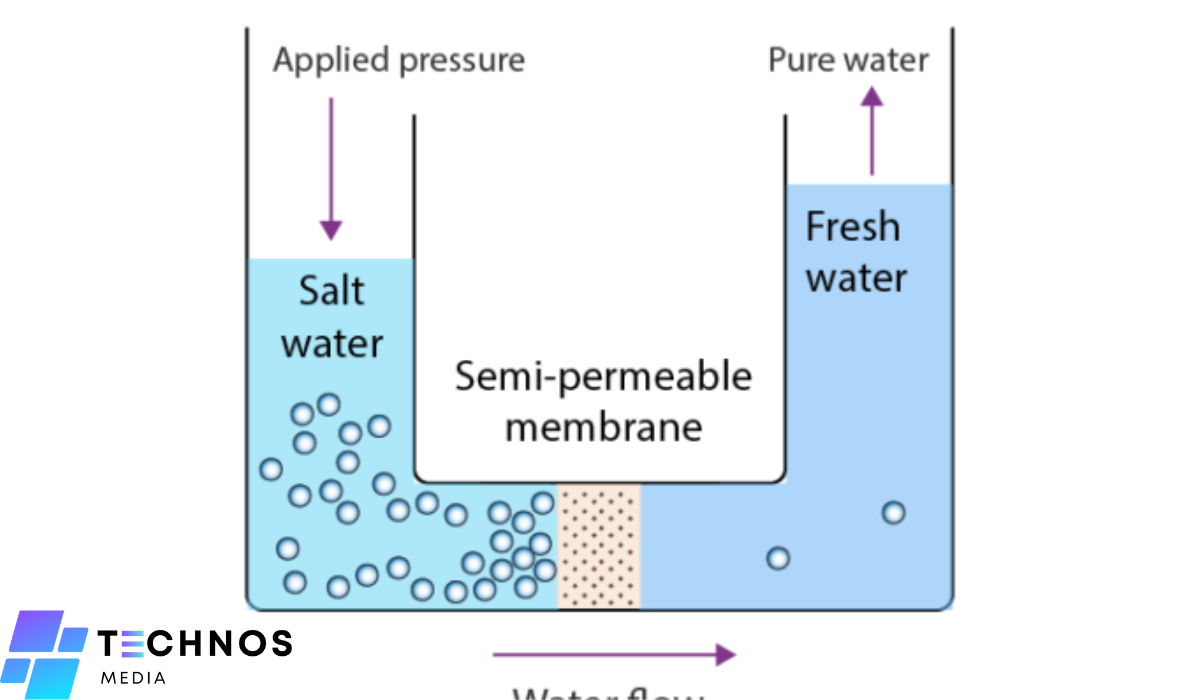The Evolution of Trucking: How GPS Reshaped Routes and Profits

Strong 8k brings an ultra-HD IPTV experience to your living room and your pocket.
How Did Trucking Operate Before GPS?
Before the introduction of GPS technology, trucking relied on traditional navigation methods such as paper maps, road signs, and CB radios for communication. Drivers had to plan routes manually, often estimating distances and fuel needs without real-time data. Traffic delays, weather disruptions, and road closures were significant challenges, leading to inefficiencies and financial losses. Without digital tools, trucking companies depended heavily on dispatcher instructions and driver experience to navigate complex delivery routes.
What Role Did GPS Play in Transforming Trucking Routes?
The introduction of GPS technology revolutionized trucking by providing real-time navigation and route optimization. GPS-enabled devices allowed drivers to access turn-by-turn directions, reducing the chances of getting lost and eliminating unnecessary detours. Fleet managers could monitor vehicles remotely, making adjustments based on real-time traffic and road conditions. This advancement significantly improved delivery times, fuel efficiency, and overall productivity.
Additionally, GPS technology helped optimize load planning by suggesting the most efficient routes based on truck size, weight restrictions, and road regulations. This level of precision ensured that deliveries were completed on schedule while avoiding routes that were unsuitable for heavy trucks.
How Did GPS Improve Fleet Management?
Fleet managers gained unprecedented control over their operations with GPS tracking systems. They could now monitor vehicle locations, driver behaviors, and route efficiency in real-time. This data allowed for better decision-making, such as rerouting vehicles to avoid congestion or ensuring drivers adhered to speed limits and safety protocols.
Moreover, GPS technology integrated with fleet management software, enabling companies to automate tasks such as fuel tracking, maintenance scheduling, and compliance reporting. These efficiencies translated to reduced operational costs and improved service reliability.
What Financial Impact Did GPS Have on the Trucking Industry?
The implementation of GPS technology led to significant cost savings for trucking businesses. By minimizing idle time, fuel consumption, and unnecessary mileage, companies maximized their profits. Fuel is one of the highest expenses in trucking, and GPS-enabled route optimization allowed trucks to take the shortest and most fuel-efficient paths.
Additionally, improved efficiency meant that more deliveries could be completed in less time, increasing revenue potential. Companies also benefited from fewer penalties related to late deliveries, regulatory violations, and vehicle maintenance issues, further enhancing their bottom line.
How Did GPS Enhance Driver Safety and Compliance?
One of the biggest challenges in trucking is ensuring driver safety and regulatory compliance. GPS technology helped in multiple ways:
- Monitoring Driver Behavior: Companies could track driver speed, sudden braking, and acceleration, helping to identify risky driving habits.
- Encouraging Compliance: GPS systems ensured adherence to Hours of Service (HOS) regulations, preventing driver fatigue.
- Emergency Response: In case of accidents or breakdowns, GPS pinpointed the exact location, allowing for quicker assistance and recovery.
With these enhancements, accident rates decreased, and trucking companies reduced liabilities related to safety violations and insurance claims.
How Did GPS Foster Customer Satisfaction?
The ability to provide accurate delivery estimates greatly improved customer service. GPS tracking enabled companies to offer real-time shipment tracking, allowing clients to monitor their goods in transit. This transparency built trust with customers and enhanced brand reputation.
Additionally, on-time deliveries became more consistent, leading to stronger client relationships and increased repeat business. For industries dependent on time-sensitive shipments, such as perishable goods and medical supplies, GPS technology became an invaluable asset.
How Has GPS Evolved to Meet Modern Trucking Demands?
GPS technology has continuously evolved, integrating with advanced telematics, artificial intelligence, and automation. Today, GPS systems work alongside:
- AI-Powered Route Optimization: Predictive analytics help preemptively adjust routes based on traffic patterns.
- Connected Fleet Systems: Trucks communicate with warehouses and logistics hubs, ensuring seamless operations.
- Autonomous Trucking Development: GPS plays a crucial role in self-driving truck technology.
These advancements further refine delivery precision, fuel efficiency, and safety measures, making GPS an irreplaceable tool in the trucking industry.
Conclusion
The trucking industry has undergone a dramatic transformation, thanks to GPS technology. From improving navigation to optimizing fleet management, how did GPS technology change the trucking industry is evident in its profound impact on routes, profits, and safety. With ongoing advancements in digital tracking and automation, the future of trucking looks even more efficient and profitable. Companies that embrace these technologies will continue to lead in an increasingly competitive logistics landscape.
Note: IndiBlogHub features both user-submitted and editorial content. We do not verify third-party contributions. Read our Disclaimer and Privacy Policyfor details.







